Pakistan Elections: Imran Khan's PTI leads with 119 seats
Thu 26 Jul 2018, 10:39:33
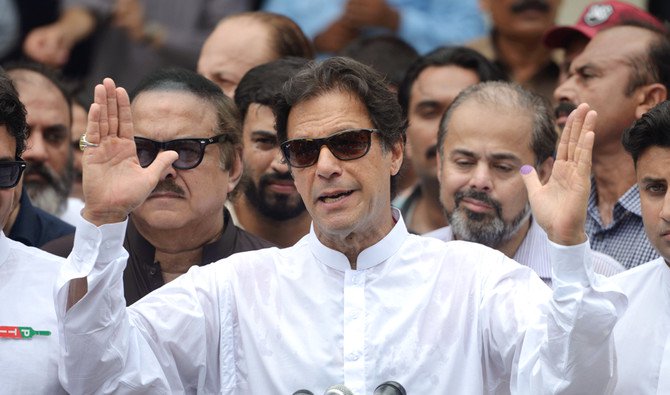
ISLAMABAD: Pakistan's flamboyant cricketer-turned-politician Imran Khan's Pakistan Tehreek-e-Insaf (PTI) was leading in 119 seats while its main rival Pakistan Muslim League-Nawaz (PML-N) was way behind with 61 seats with trends indicating a possible hung parliament.
The election was marred by a deadly suicide attack and allegations of manipulation by the powerful military, with several parties raising objections over the entire process.
The Pakistan Peoples Party (PPP) of former president Asif Ali Zardari was leading in 42 seats, a sign indicating that he could be a 'kingmaker' in case of a hung parliament, according to media reports.
Pakistan's elections oversight body says it doesn't expect to announce final results declaring an outright winner in the country's parliamentary elections before late Thursday morning.
The comments from Election Commission official Babar Yaqoob came hours after Wednesday's polls closed across Pakistan amid allegations of fraud by the former ruling Pakistan Muslim League party.
Polling was postponed in two constituencies following the deaths of candidates in terror attacks.
Meanwhile, PML-N spokesperson Marriyum Aurangzeb raised objections over the counting process and alleged that her party's agents were being forced out from the polling stations in several constituencies.
"The counting process is being carried out behind closed doors and changes are being made to Form-45," she alleged while talking to reporters.
PPP's Maula Bux Chandio also claimed that his party's agents were not allowed inside polling stations in Badin while Pak Sarzameen Party leader Raza Haroon made the same claim about the treatment meted out to their agents at different polling stations across Karachi.
Opposition Leader in Senate Senator Sherry Rehman also raised objections over the counting process.
Responding to the allegations, the provincial election commissioner in Punjab said political leaders should refrain from levelling such baseless allegations without having any substantial proof.
The Muttahida Majlis-e-Amal (MMA) -- an alliance of traditional religious parties such as Jamaat-e-Islami, Jamiat Ulema-e-Islam-Fazl, Jamiat Ulema-e-Pakistan and Tehreek-e-Jafaria -- and Muttahida Qaumi Movement (MQM) were leading in nine and five seats respectively.
Pakistan's National Assembly comprises a total of 342 members, of which 272 are directly elected whereas the rest - 60 seats reserved for women and 10 for religious minorities - are selected later through proportional representation among parties with more than five per cent of the vote.
A party can only form the government if it manages to clinch 172 seats in total. A single party will need at least 137 of the directly elected seats to be able to form the government on its own.
According to the Election Commission, 3,459 candidates are in the race for 272 general seats of the National Assembly, while 8,396 candidates are running for 577
general seats of the four provincial assemblies - Punjab, Sindh, Balochistan and Khyber-Pakhtunkhwa.
general seats of the four provincial assemblies - Punjab, Sindh, Balochistan and Khyber-Pakhtunkhwa.
More than 30 political parties have fielded their candidates.
In Punjab Assembly, PML-N was leading in 133 seats while PTI was leading in 118 constituencies according to trends available for 289 seats out of 297 seats.
In Sindh Assembly, PPP was emerging as the single largest party in its traditional bastion. The party was leading in 60 seats according to trends available for 92 seats out of 131 seats.PTI was leading in 11 seats.
In Khyber-Pakhtunkhwa, PTI was leading in 18 of 99 assembly seats while Awami National Party was leading in six constituencies.
Earlier, the voting ended at its scheduled time despite calls by several major parties, including PML-N, PPP and PTI, to extend the polling time by an hour.
They had complained of "a slow voting process" and thus sought more time to facilitate voters - a request that was rejected by the Election Commission.
Hours after polling began for the general elections, an Islamic State suicide bomber blew himself up outside a polling station in Bhosa Mandi area of Balochistan's provincial capital, Quetta, killing 31 people, including policemen.
In separate incidents, four persons were killed in poll-related violence.
Clashes erupted between rival parties outside several polling stations, reports said.
Nearly 10.6 crore people are registered to vote for members of the lower house of parliament and four provincial assemblies.
The election marks the second democratic transition of power in the nation's 70-year history.
For a smooth polling process, the ECP had deployed around 1.6 million staff at polling stations across the country.
About 4,49,465 policemen and over 3,70,000 military personnel were deployed for security.
A public holiday was declared across the country today in order to facilitate the voting process.
The run up to the elections has seen a massive crackdown on the media and allegations that the military has secretly backed the campaign of Khan while targeting his political opponents.
The military has ruled Pakistan through various coups for nearly half of the country's history since independence in 1947.
The ECP was also criticised for deploying the Army both inside and outside of polling stations.
Former prime minister Sharif, the supremo of the PML-N who was jailed this month after being convicted in a corruption case, also accused the military of pressuring the judiciary to convict him.Both institutions deny the charge.
Controversy has also arisen over allowing militant groups to participate in the elections.
The leading among them are Mumbai-terror attack mastermind Hafiz Saeed-led banned Jamat-ud Dawa's candidates. His party is leading in one constituency.
No Comments For This Post, Be first to write a Comment.
Most viewed from International
Most viewed from World
AIMIM News
Latest Urdu News
Most Viewed
May 26, 2020
Where should be the burial of the pilgrims martyred in the Saudi Arabia bus accident?
Latest Videos View All
Like Us
Home
About Us
Advertise With Us
All Polls
Epaper Archives
Privacy Policy
Contact Us
Download Etemaad App
© 2025 Etemaad Daily News, All Rights Reserved.

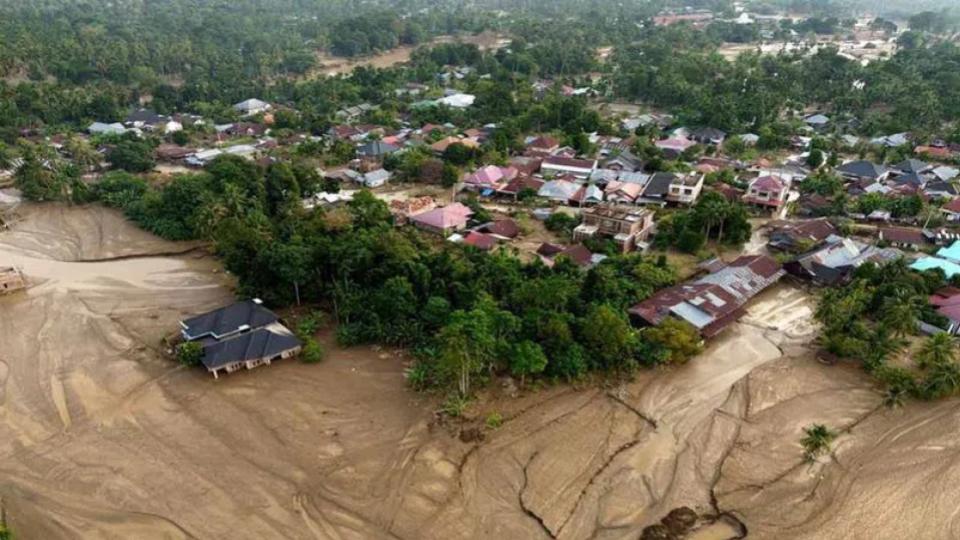
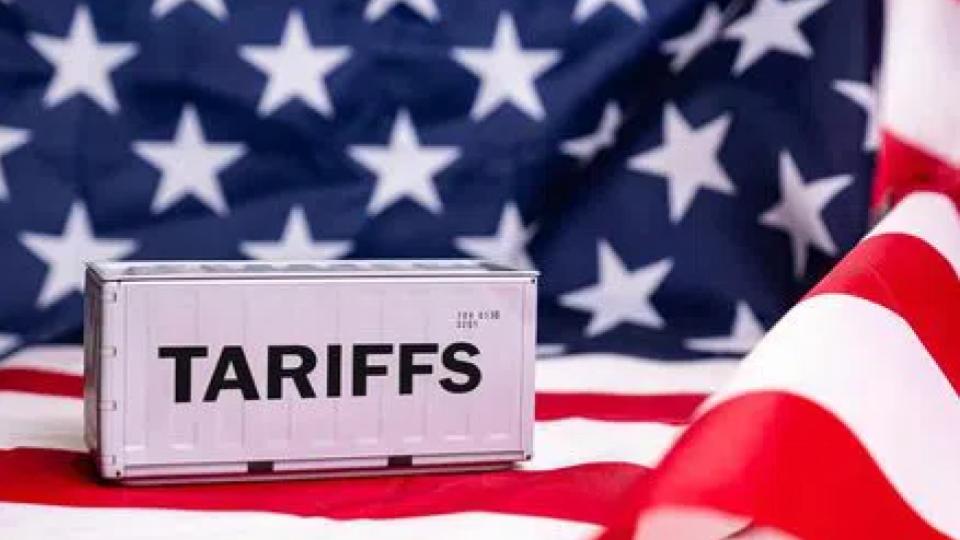
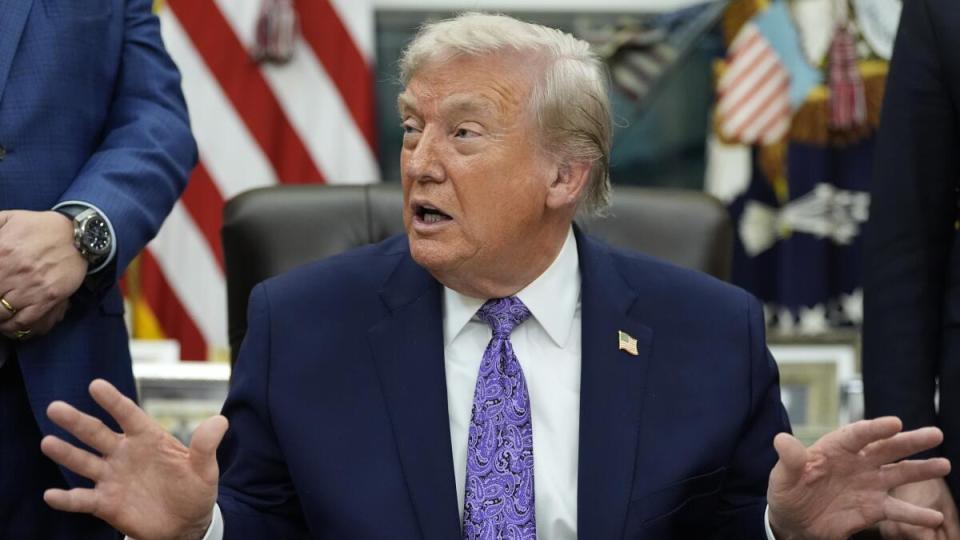
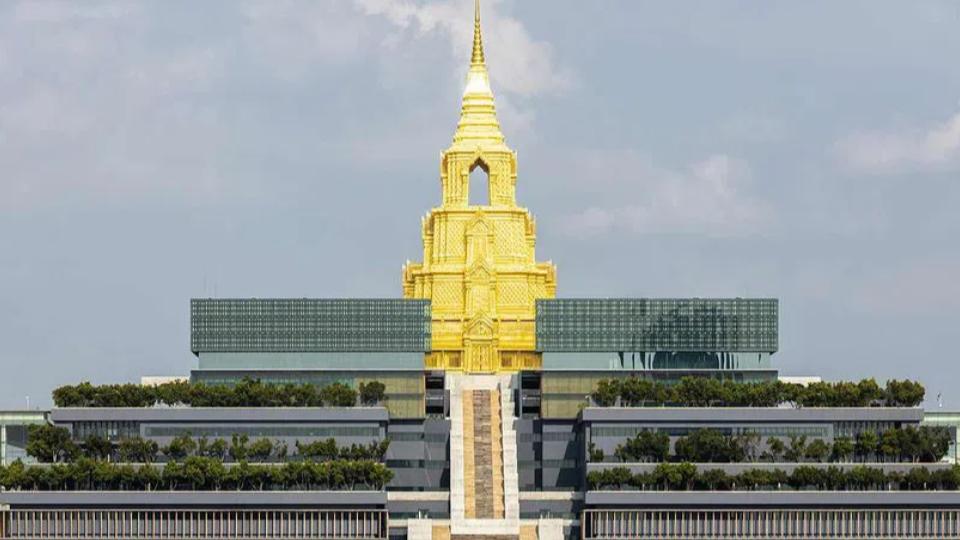

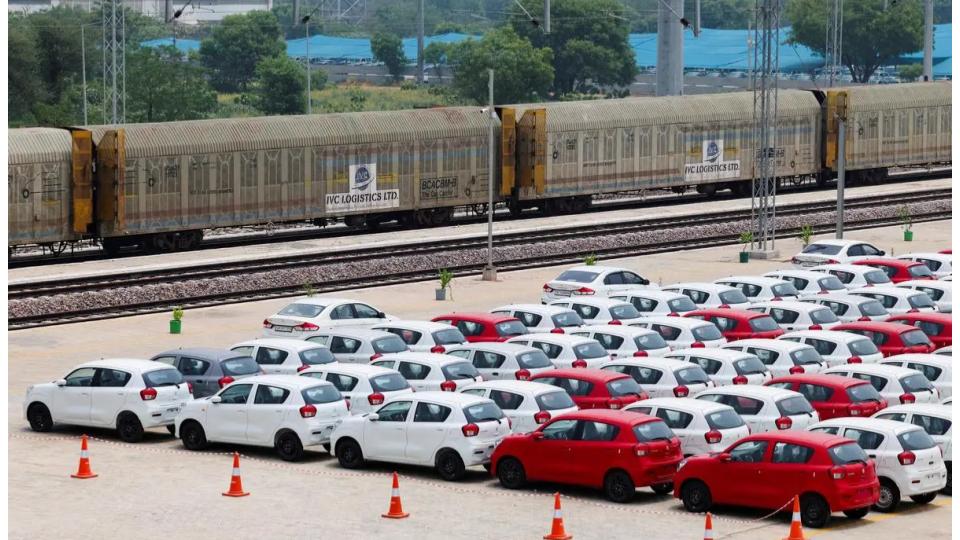
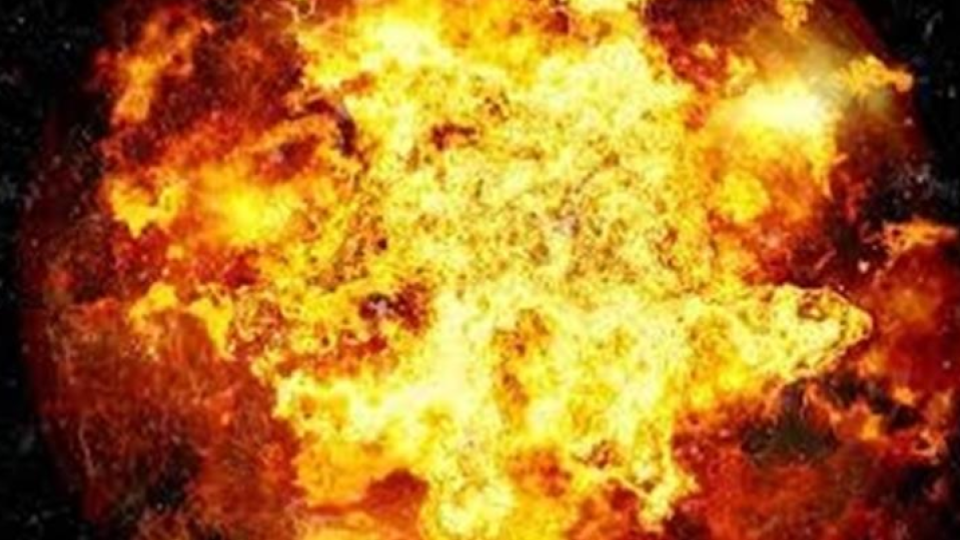
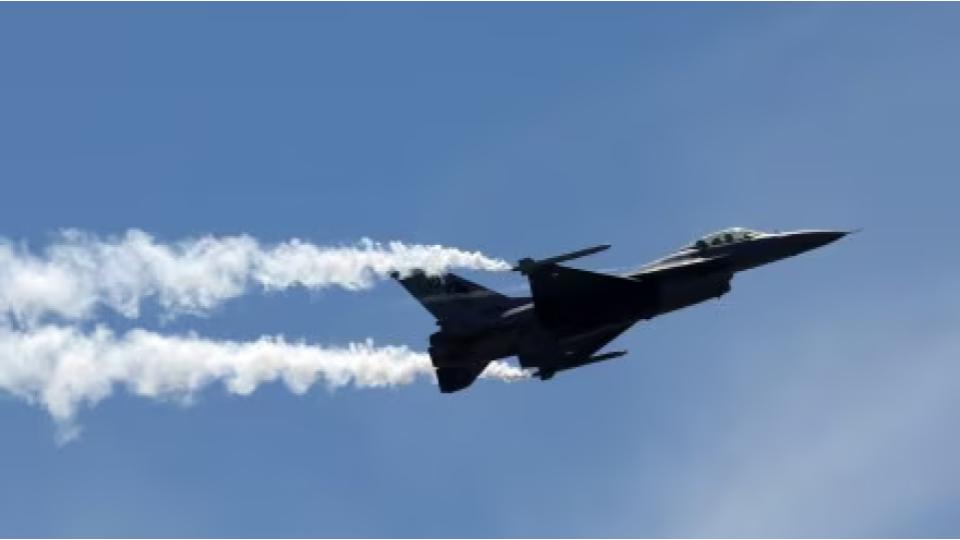
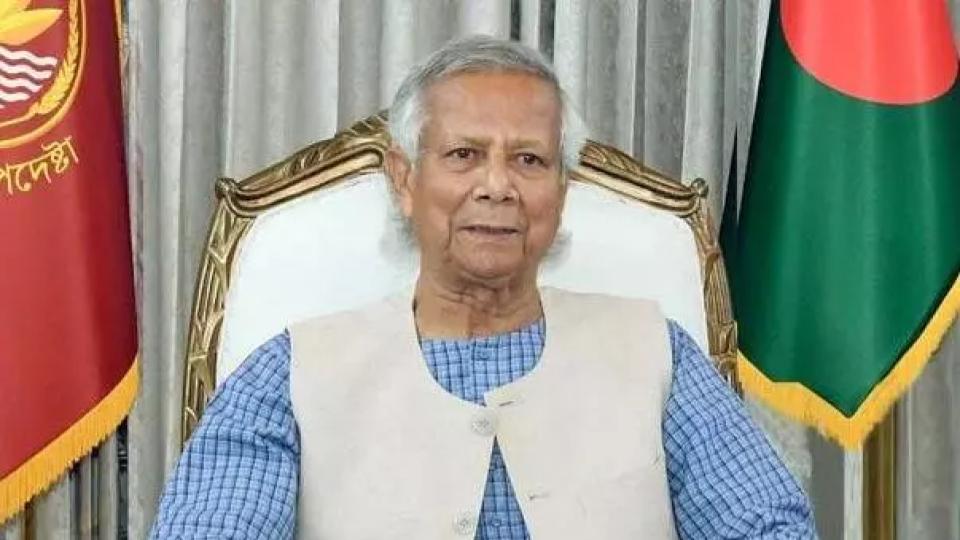
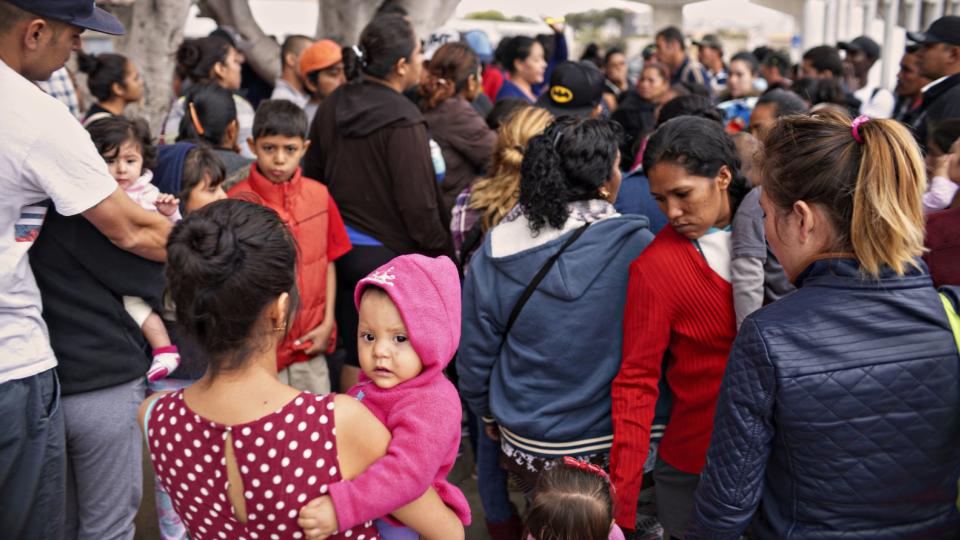
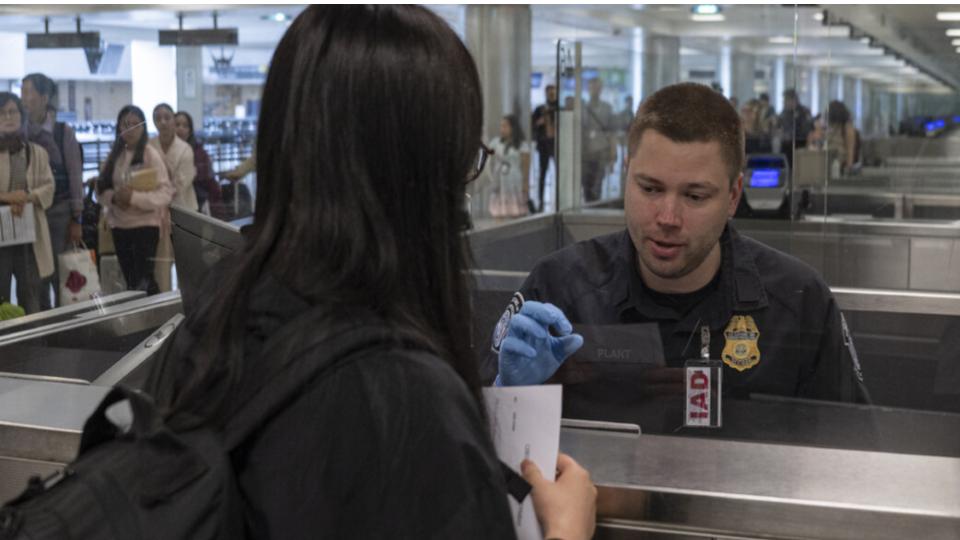
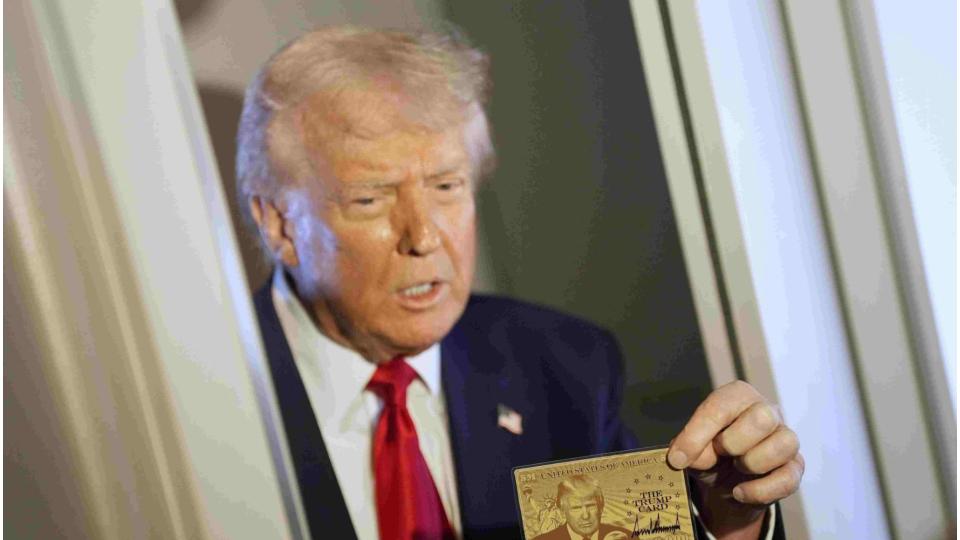

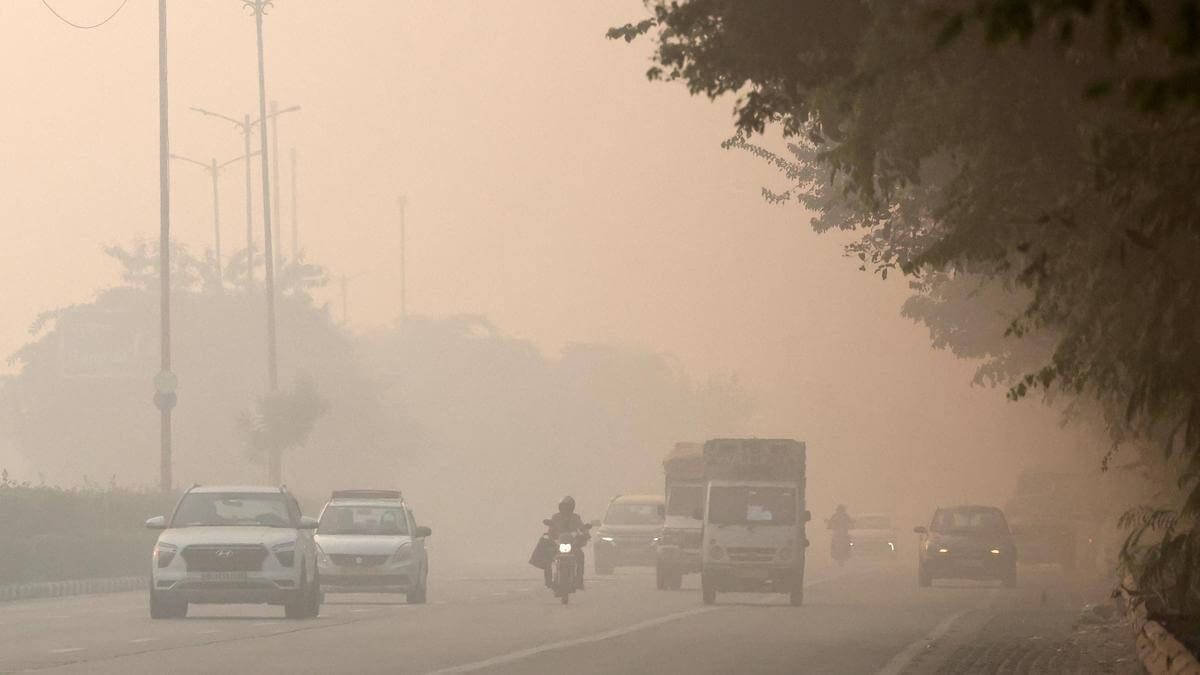
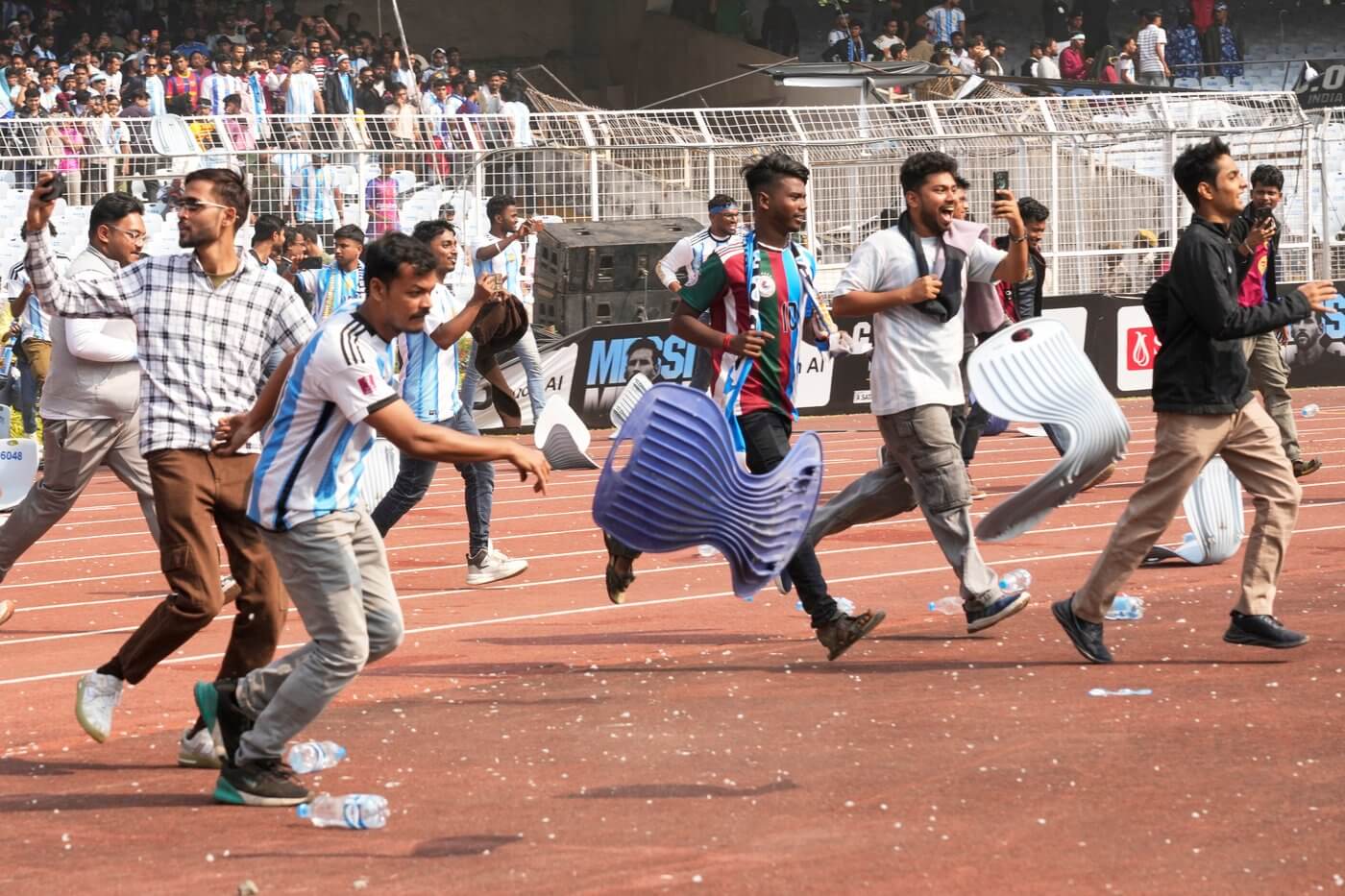
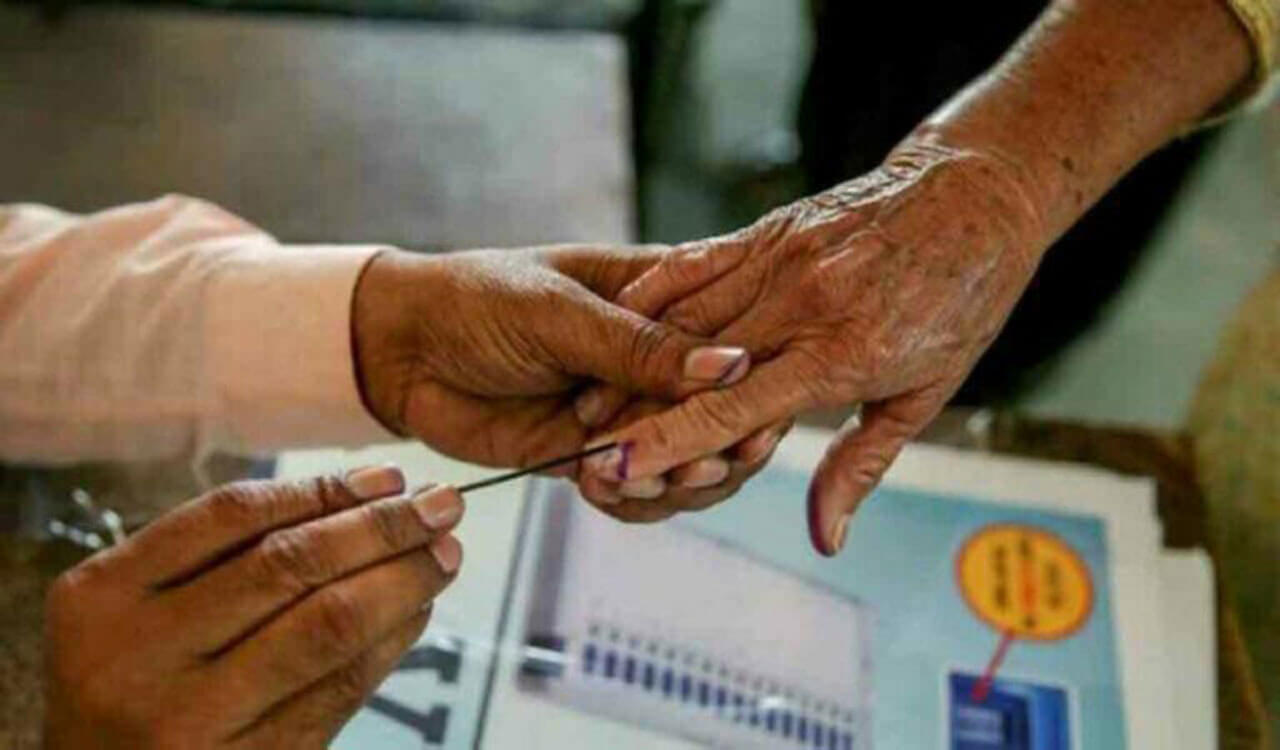

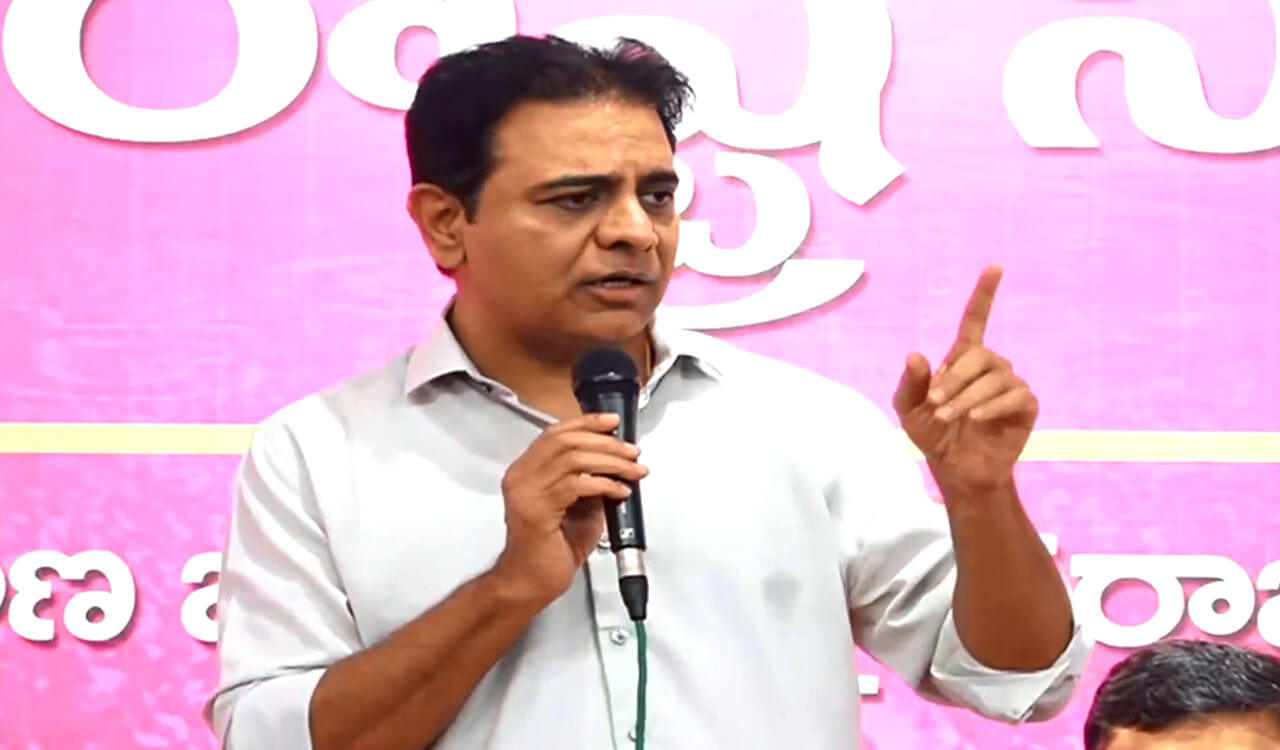
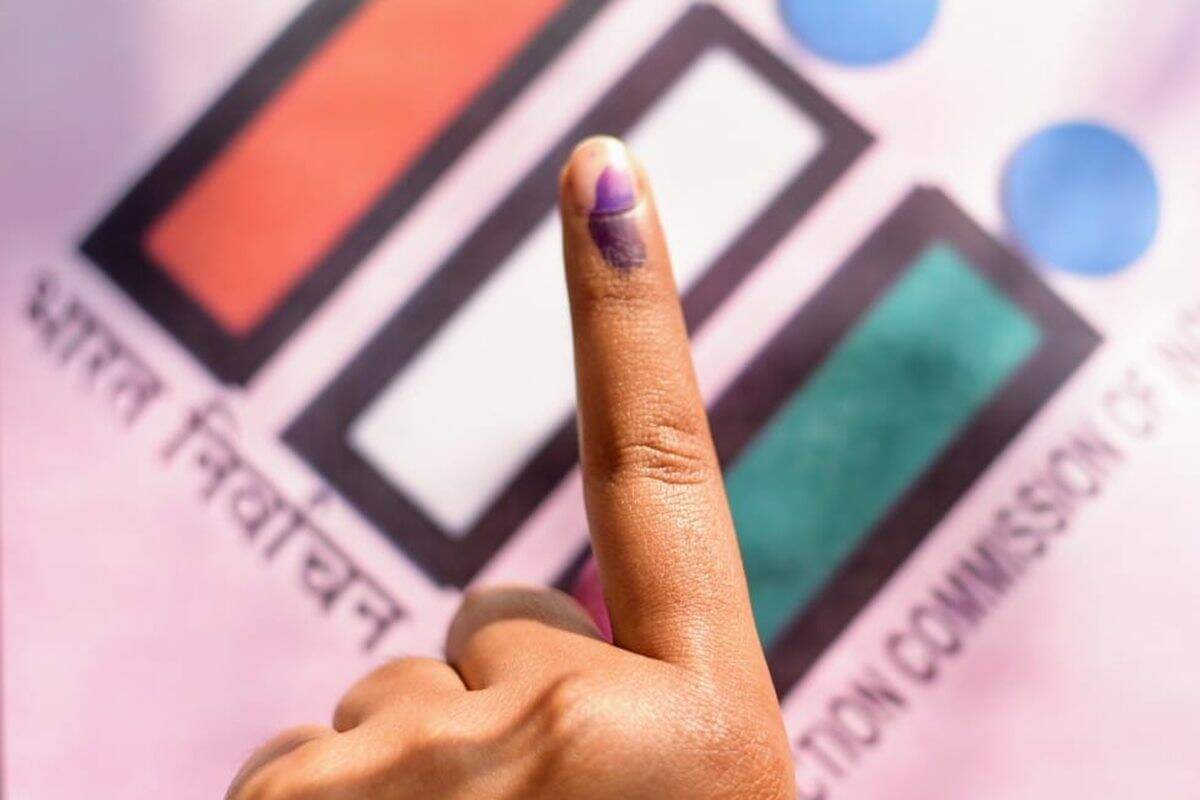
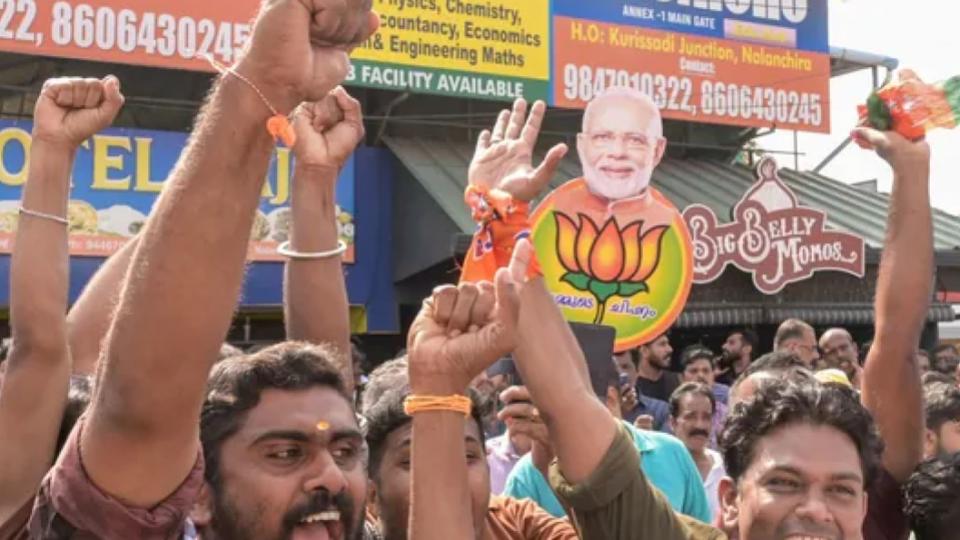
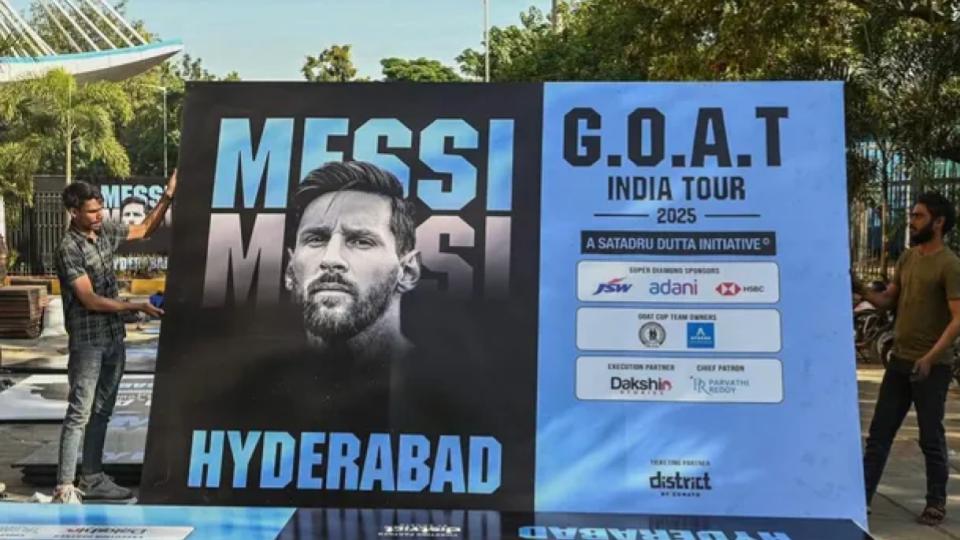
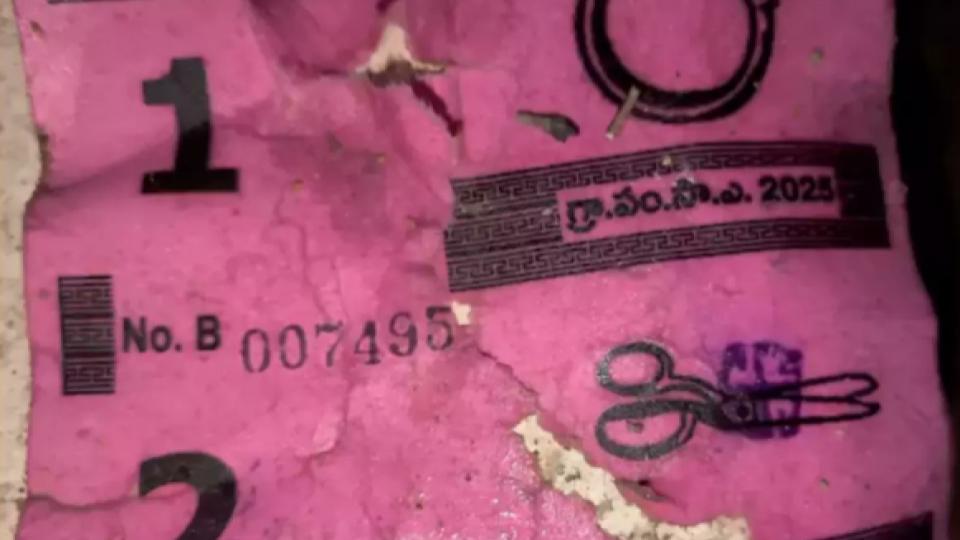

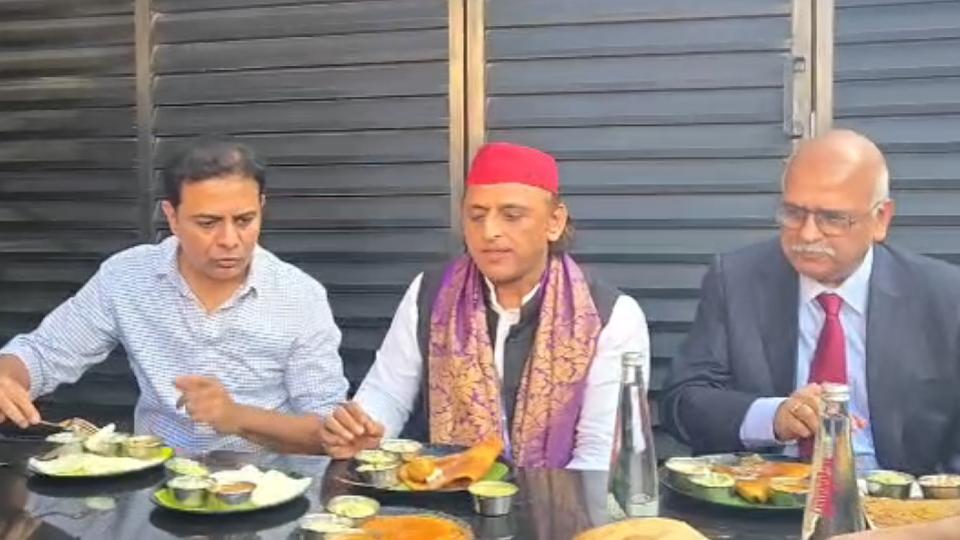











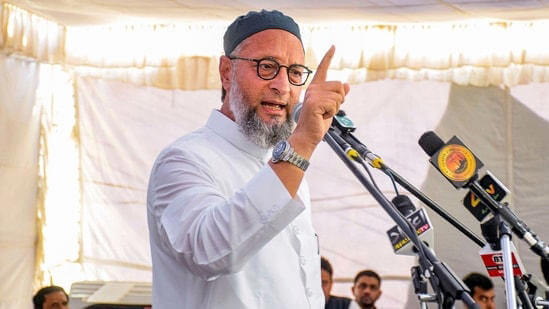
.jpg)
.jpg)
.jpg)


